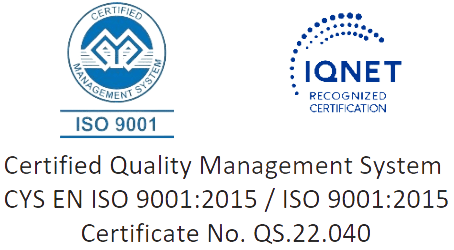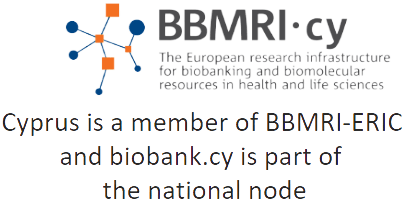Our main goal is to provide prompt, accurate and clinically meaningful results that support timely diagnosis and treatment.
Referral Process
Clinicians can refer patients to biobank.cy by submitting a written request to the Ministry of Health, indicating our center as the preferred provider for the desired genetic testing option. Upon approval, the full cost is covered through the Republic of Cyprus, eliminating any imminent financial burden to be imposed on patients and their families.
Diagnostic Pipeline Specifications
- Consenting and Blood Drawing
Upon referral, patients will be called in by the clinician or contacted and invited by our personnel to provide signed consent prior to any genetic diagnostics procedure. Subsequently, whole blood is collected and processed onsite utilizing validated pipelines for DNA exptraction, purification, quality assessment and storage. - DNA Sequencing Analysis
The Diagnostics Laboratory deploys highly optimized Next-Generation Sequencing and capillary sequencing strategies to screen both nuclear and mitochondrial DNA molecules to detect pathology-related genetic variants. Highly critical, complex genomic spots and copy-number variations are effectively investigated via dedicated pipelines. - Bioinformatics & Data Analysis
Identified high-quality variants undergo robust annotation using the latest open-source and subscription-based resources, providing paramount information for the assessment of genetic alterations. Subsequently, variants are clinically classified by bioinformatic pipelines established at biobank.cy, always kept in line with international guidelines set by the American College of Medical Genetics and Genomics (ACMG). - Orthogonal Validation & Reporting
Significant findings related to the described patient phenotype are further validated by orthogonal methods to ensure the highest possible technical competency of our laboratories. Last, a clinical-grade report is generated and returned to the referring clinician, presenting an elaborate theoretical, and clinical context for likely pathogenic and pathogenic graded variants. Variants of Uncertain Significance (VUS) sometimes are also reported, with relevant literature information and original publications.






